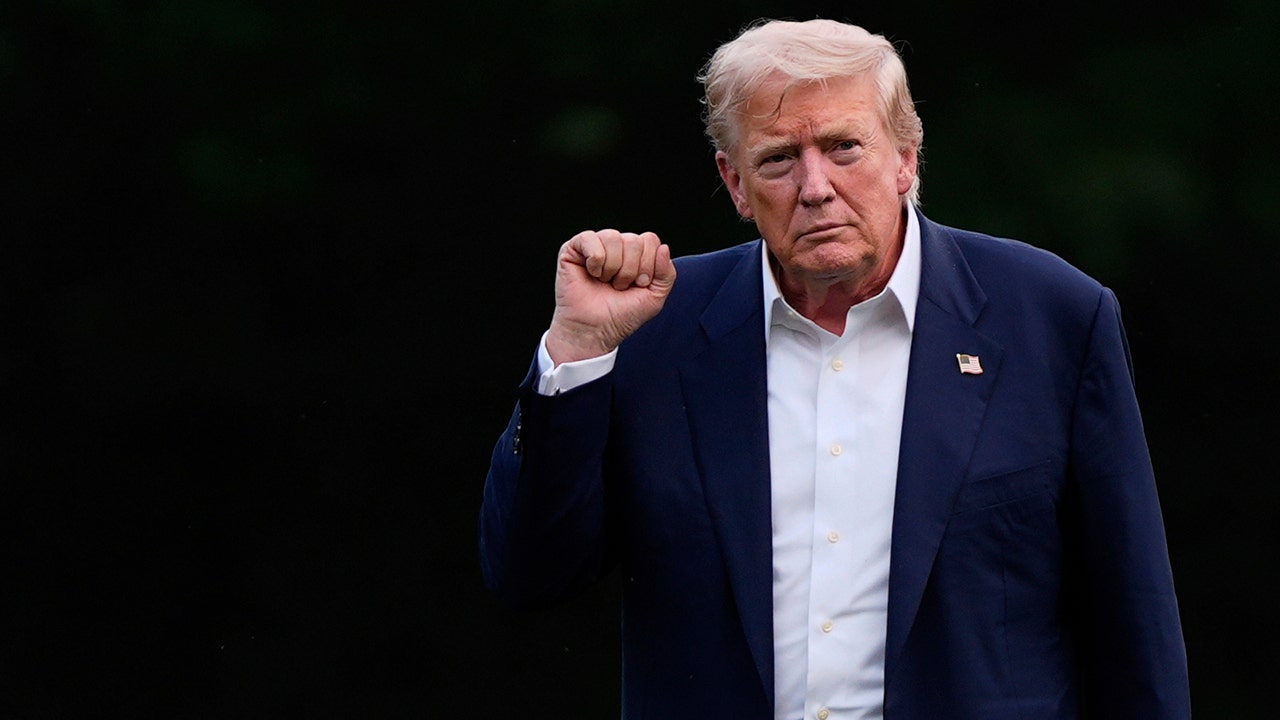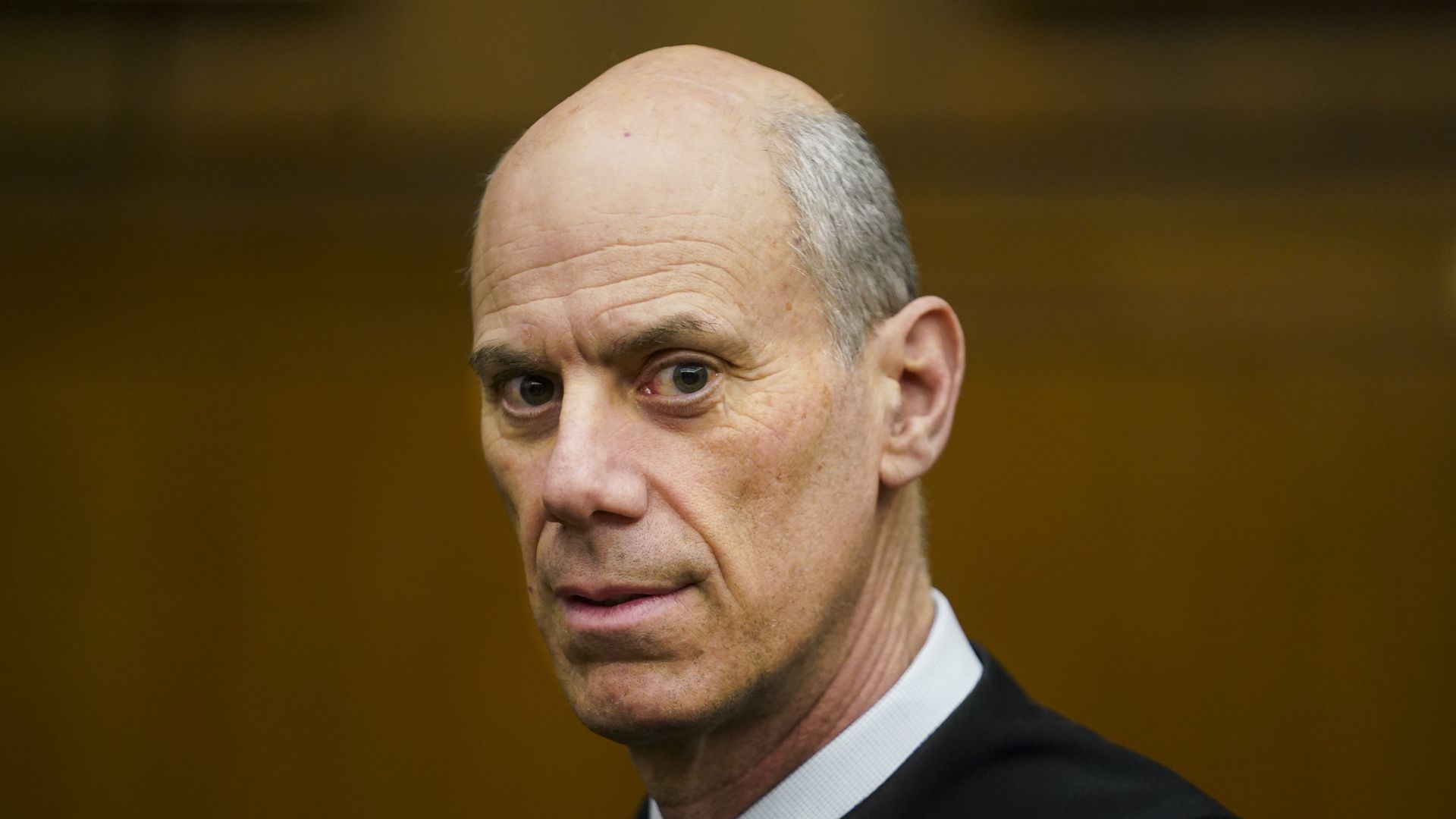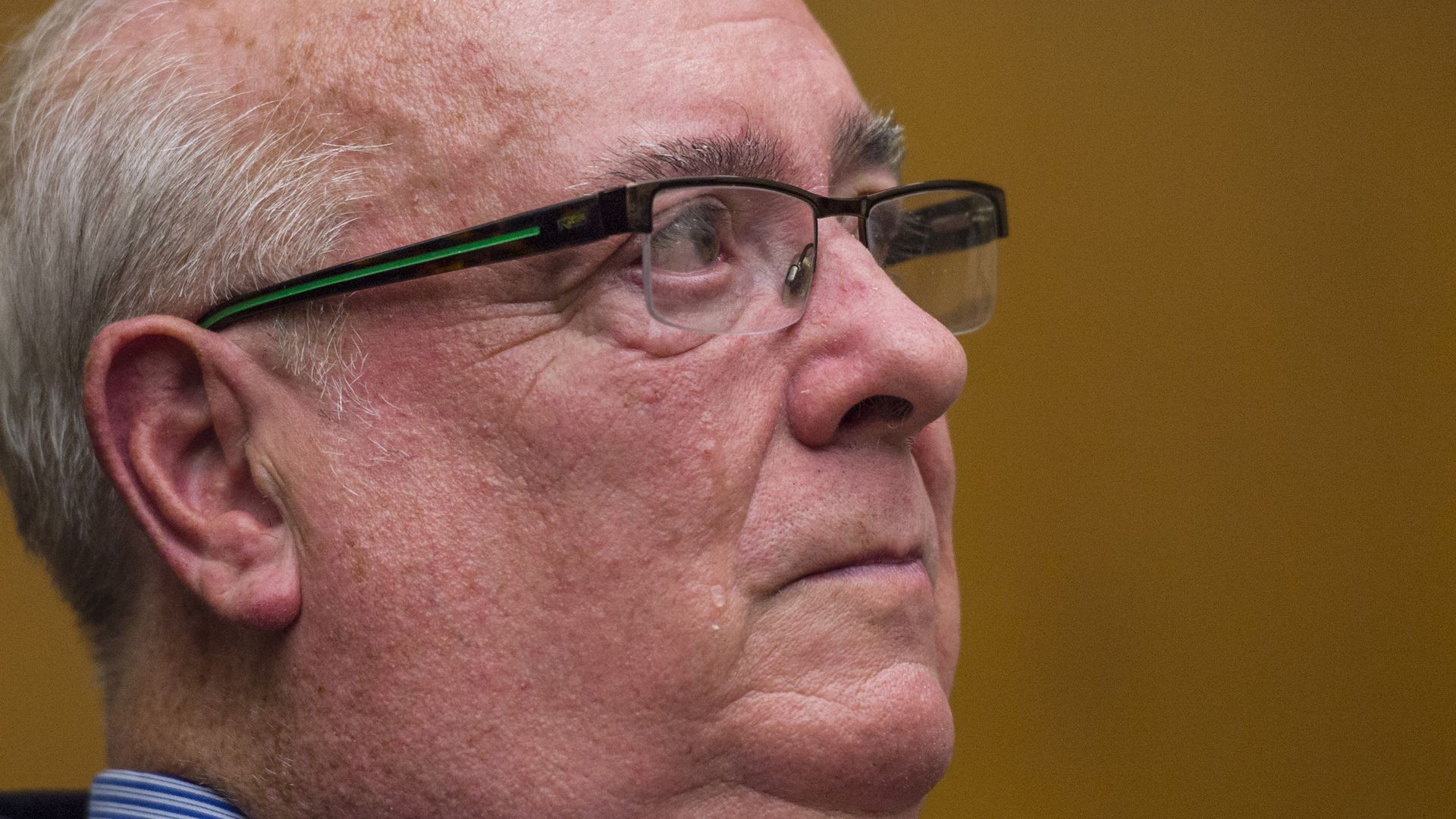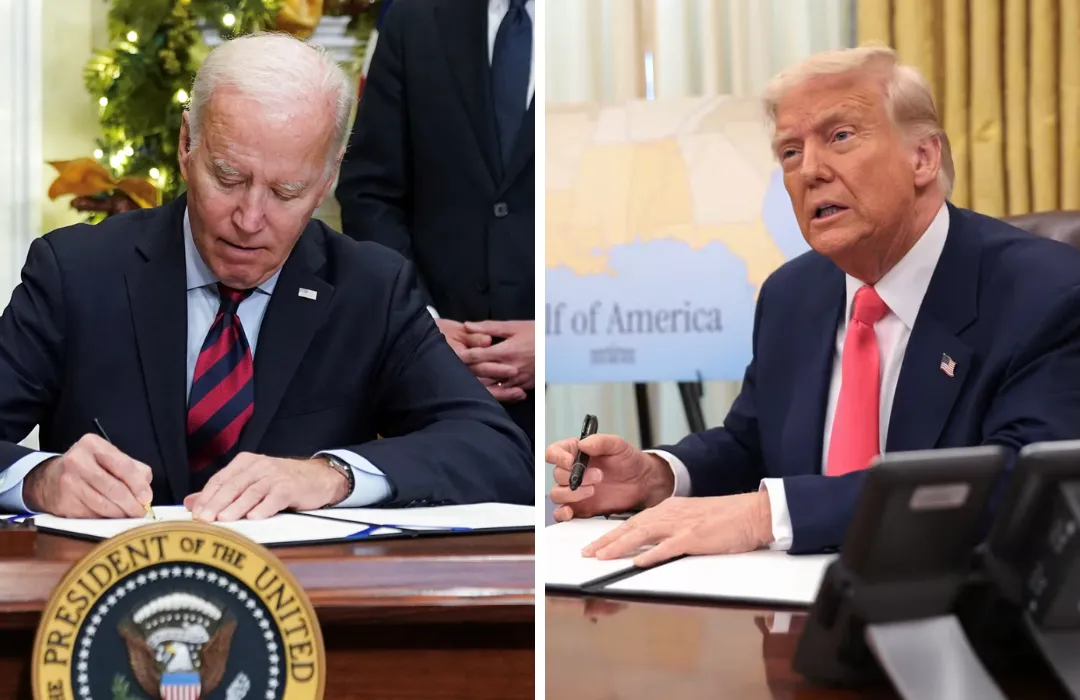
The political landscape of Washington shifted dramatically after a landmark federal court decision handed the Trump administration a decisive victory in its battle to dismantle the U.S. Agency for International Development (USAID).
The ruling, while technical in scope, represents one of the most significant judicial affirmations of executive authority over federal agencies in recent memory.
At the same time, it ignited a firestorm of political debate about America’s role in international development, congressional authority, and the balance of power between the legislative and executive branches.
The case, presided over by U.S. District Judge Carl J. Nichols, revolved around whether the administration could lawfully restructure USAID in the face of bipartisan resistance.
By dismissing a lawsuit that sought to block the reorganization, the judge cleared the way for one of the most sweeping workforce reductions in recent federal history.
What made the ruling especially noteworthy was its scope. Judge Nichols limited his review to employment law matters, steering clear of larger constitutional questions about whether presidents can dismantle agencies created by Congress.
In practice, this meant the court effectively endorsed the administration’s argument that reorganization decisions belong primarily within the executive branch, so long as basic employment protections are respected.
This narrow interpretation created a precedent that may shape future court battles over agency restructurings. Legal analysts observed that by framing the issue around labor disputes rather than constitutional authority, the ruling makes it harder for critics to mount broad-based legal challenges against future executive reorganizations.
The court’s ruling immediately unleashed the administration’s plan to slash USAID’s workforce. Approximately 2,000 employees were placed on administrative leave, with only 600 considered essential enough to remain.
The downsizing rippled across international missions in Africa, Asia, and Latin America, where American-funded programs in health, education, and economic development have been a mainstay for decades.
Workers were given 30-day notices to return home, with government funds covering their travel expenses. For many, it meant not only the abrupt end of a career but also the unraveling of years of relationships built in host countries.
Supporters of the restructuring described this as an overdue correction. They argued that USAID had become bloated, inefficient, and too ideological. Critics, however, called it reckless, warning that dismantling programs abruptly could destabilize fragile regions and damage U.S. credibility as a humanitarian leader.
Predictably, the decision amplified partisan divides in Washington. Congressional Democrats decried the restructuring as a usurpation of legislative authority, pointing out that USAID was created through congressional action in the 1960s and receives its funding through appropriations.
They argued that dissolving such an agency without congressional consent undermines the separation of powers.
The administration, on the other hand, defended its move as a necessary modernization. Officials from the newly formed Department of Government Efficiency (DOGE) — which has spearheaded restructuring efforts — described USAID as an agency riddled with waste, redundancy, and a political culture at odds with the current administration’s priorities.
Even within Republican circles, opinions diverged. Some praised the boldness of the move, framing it as long-overdue reform, while others worried about the geopolitical consequences of retreating from international development leadership.
Much of the momentum behind the restructuring came from DOGE, the Department of Government Efficiency. Created as a central hub for identifying bureaucratic inefficiencies, DOGE has been a controversial force in reshaping federal operations.
Its former head, entrepreneur Elon Musk, became a lightning rod after characterizing USAID as “a viper’s nest of radical-left Marxists who hate America.”
While critics dismissed such rhetoric as inflammatory, it resonated with segments of the Republican base who have long viewed USAID as a vehicle for progressive ideology abroad rather than a neutral development agency.
By folding USAID’s remaining functions into the State Department, DOGE claimed it was streamlining foreign policy operations and cutting administrative overhead. Supporters argued that this consolidation would enhance accountability by ensuring development policy aligned directly with U.S. diplomatic goals.
Though Judge Nichols’ decision dismissed the immediate case, broader constitutional questions remain unresolved. Other lawsuits are still winding their way through the courts, focusing squarely on whether the president can unilaterally dismantle agencies established by congressional statute.
Legal scholars anticipate these cases could reach the Supreme Court, where they may establish defining precedents about the scope of executive power.
If the Court sides with the administration, it could cement a legal framework that allows presidents far greater latitude to restructure — or eliminate — federal agencies without congressional approval.
Such an outcome would reshape the balance of power in Washington, potentially weakening the legislative branch’s role in determining the structure of government.

Critics warn this would erode checks and balances, while supporters argue it would finally allow the executive branch to eliminate inefficiency without being mired in congressional gridlock.
Beyond Washington, the decision reverberated globally. Host countries that have long relied on U.S. aid programs expressed concern about the abrupt withdrawal of personnel. Non-governmental organizations warned that ongoing projects in health, disaster relief, and infrastructure could collapse without USAID’s presence.
At the same time, some foreign leaders welcomed the shift, interpreting it as a sign that the U.S. intends to recalibrate its role in international affairs. The administration’s defenders framed the move as prioritizing national interests over what they describe as expensive and often unaccountable foreign commitments.
The long-term impact on U.S. soft power remains uncertain. For decades, USAID has been a key instrument of American influence, fostering goodwill in developing nations. Whether folding its operations into the State Department can sustain that influence remains a contested question.
One of the most immediate consequences of the ruling has been the uncertainty faced by thousands of former USAID employees. Many of them built careers around development work, often in difficult conditions overseas.
The sudden downsizing left them scrambling for new opportunities, raising questions about the government’s responsibility to those whose livelihoods were disrupted.
The pending lawsuits also address these concerns, with some plaintiffs seeking compensation for career disruptions and training investments rendered useless. The outcome of these employment-related cases could shape how future reorganizations handle displaced federal workers.
For the Trump administration, the ruling was not only a victory in a single case but a green light for broader ambitions. DOGE is already eyeing other agencies it considers redundant or ideologically out of step. The legal precedent established here could embolden more aggressive restructuring efforts in the years ahead.
For critics, the fight is far from over. They see the ongoing constitutional litigation as their chance to draw a line in the sand and protect congressional authority.
The stakes are enormous: the outcome will determine whether USAID’s dismantling is an isolated event or the beginning of a sweeping reimagining of the federal government’s role.
The dismantling of USAID is no longer just a policy proposal but a reality unfolding with court approval. The ruling represents a triumph for executive authority, a devastating blow for thousands of workers, and a seismic shift in America’s global posture.
Whether it becomes a defining precedent for future administrations depends on the unresolved constitutional battles still moving through the courts.
What is clear is that this case has already redefined the boundaries of political debate, pitting efficiency against humanitarianism, executive power against legislative oversight, and national interests against global engagement.
As Washington absorbs the implications, one fact stands out: the Trump administration has secured a major political and legal win, and the aftershocks are only beginning to be felt.






